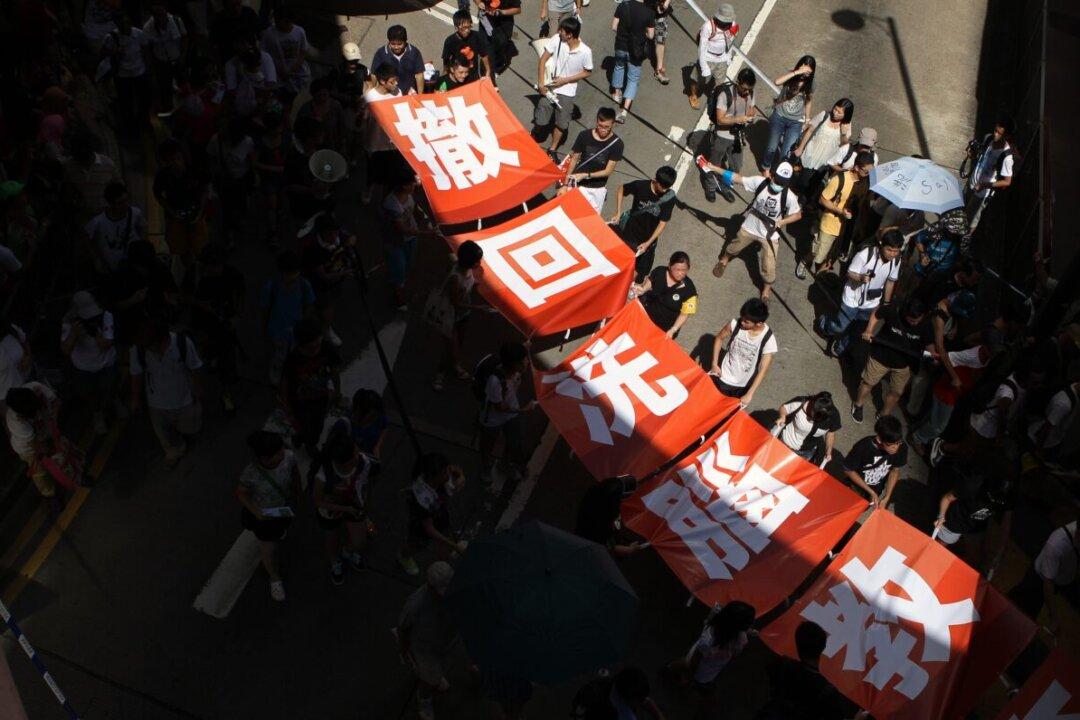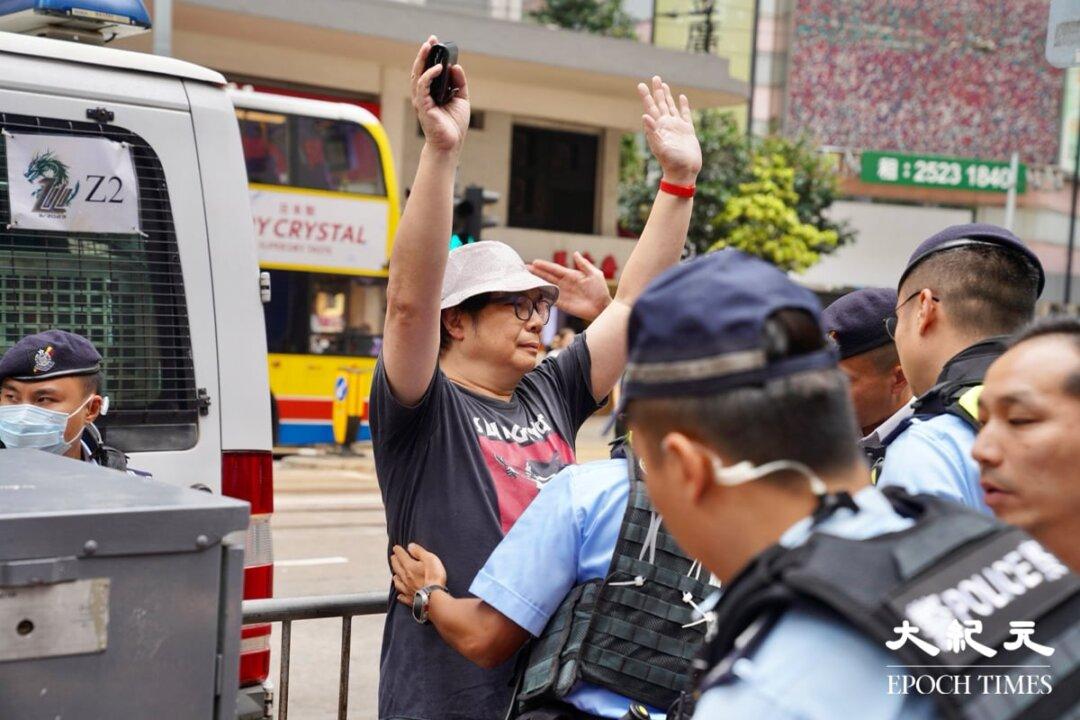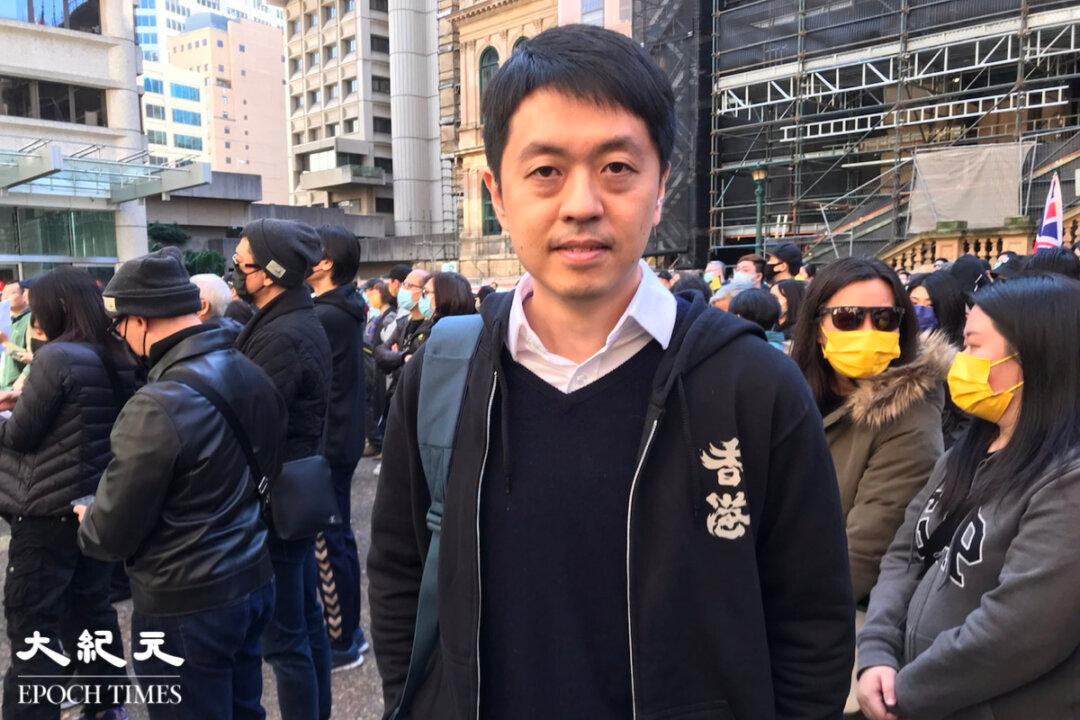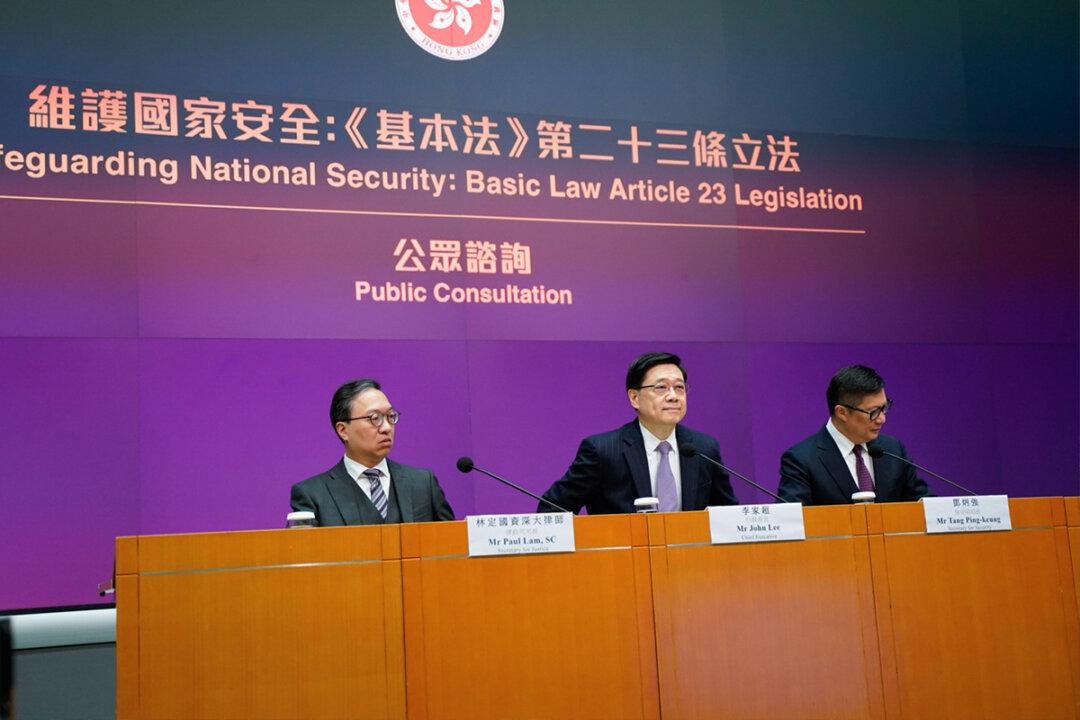In a controversial move by the Hong Kong Education Bureau, the city’s senior high school students will be required to participate in mainland China “study tour” programs, raising concerns about potential indoctrination. Failure to comply with this requirement could jeopardize their graduation prospects. The Education Bureau issued a formal notice on Aug. 30, outlining the schedule for next year’s mainland study programs.
Of particular concern are two items on the list that involve “experiencing the daily life of soldiers” and “participating in military training,” both categorized under “national defense education.” A Hong Kong resident who has undergone military training as a high school student and a college student in Beijing said that similar activities were used for brainwashing in Beijing in the aftermath of the 1989 Tiananmen Massacre. She believes that the CCP sees the 2019 Hong Kong anti-extradition protests as similar to the June 4 incident, and is trying to use the same tactics to brainwash students.




